Humanity first went to the moon to make a point. Now it’s time to overcome rivalries and pitch in together.
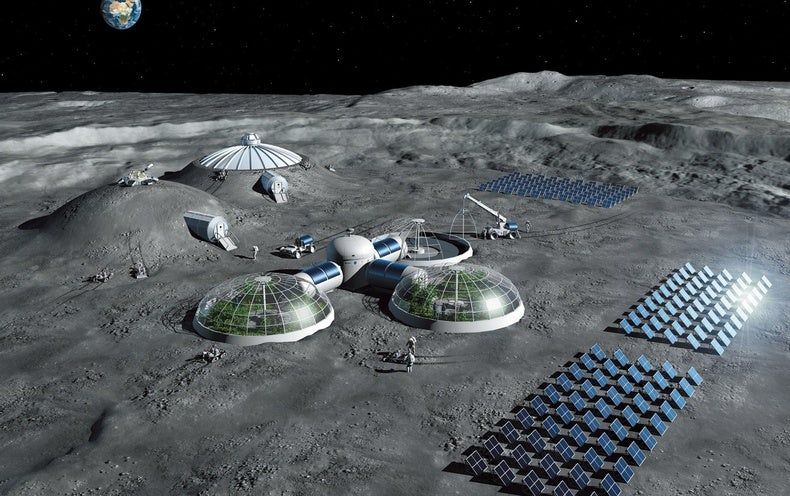

Humanity first went to the moon to make a point. Now it’s time to overcome rivalries and pitch in together.

The idea of travelling amongst the stars is often romanticized in science fiction and pop culture. Star Trek, Star Wars, and Firefly are just a few examples where space flights are developed enough in that universe that traveling to another world is as easy as it is for us to travel to another country. Traveling by spacecraft in science fiction is often akin to travelling by airplane in the real world. But even as advanced as our technology is compared to when Star Trek first aired or when Star Wars graced the movie screens, it still is not quite at that level. The furthest mankind has ever touched down in space is the Moon, a relatively meager 238,900 miles away. For reference, Mars- the next place humanity may travel to- is 33.9 million miles away, and that’s only the next planet over from Earth! But in order to truly understand the troubles NASA and other space agencies are having with one of modern day’s biggest engineering problems, we must examine what makes it so hard for people to explore space.
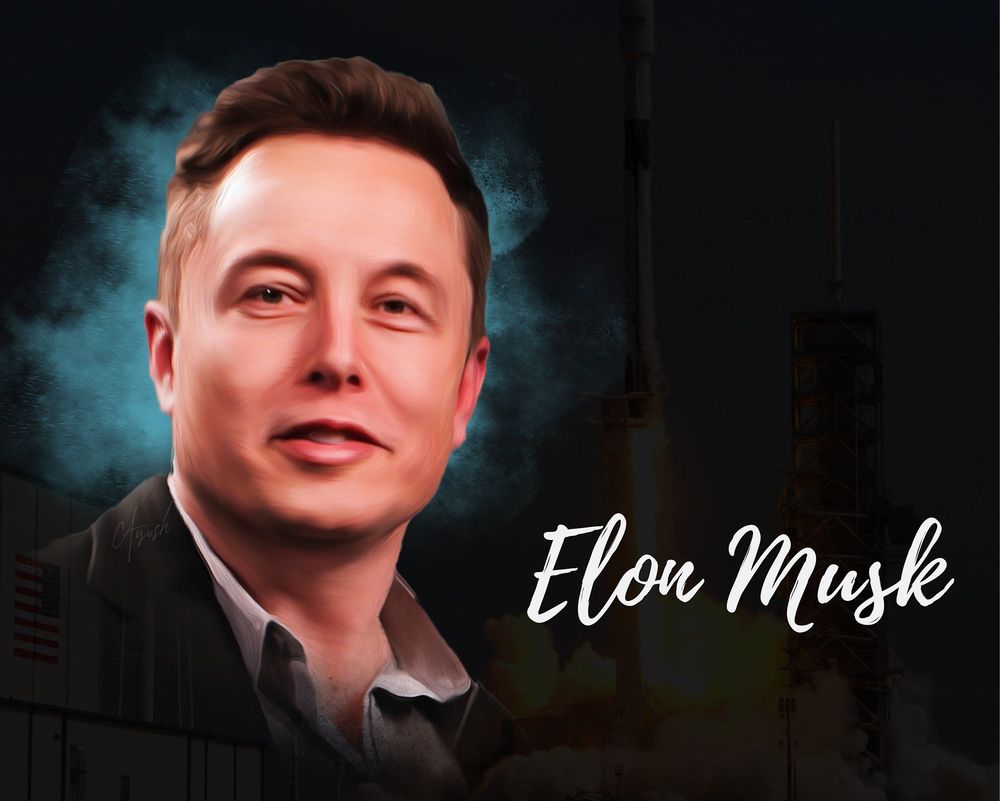
This week: 🚁 A new mission to Saturn’s largest Moon Titan 🚀 Launching new missions & landing astronauts…on the same night!
🎛️ Restoring the glory to the Apollo Mission Control Room.
There are a few of the stories to tell you about on the latest episode of This Week at NASA! Watch:
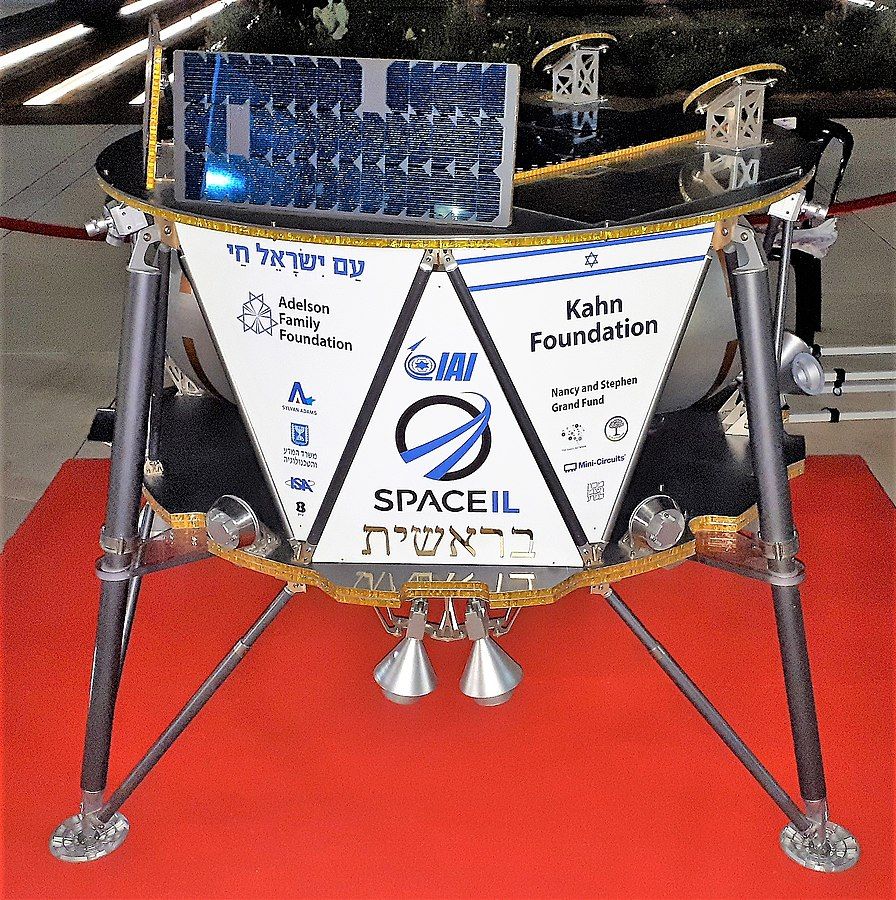
On June 27, 2019, NASA announced a new mission to Saturn’s moon Titan featuring a rotorcraft lander. — Mission was proposed in 2017: https://www.space.com/36598-dragonfly-quadcopter-saturn-moon-titan-explorer.html
Credit: NASA
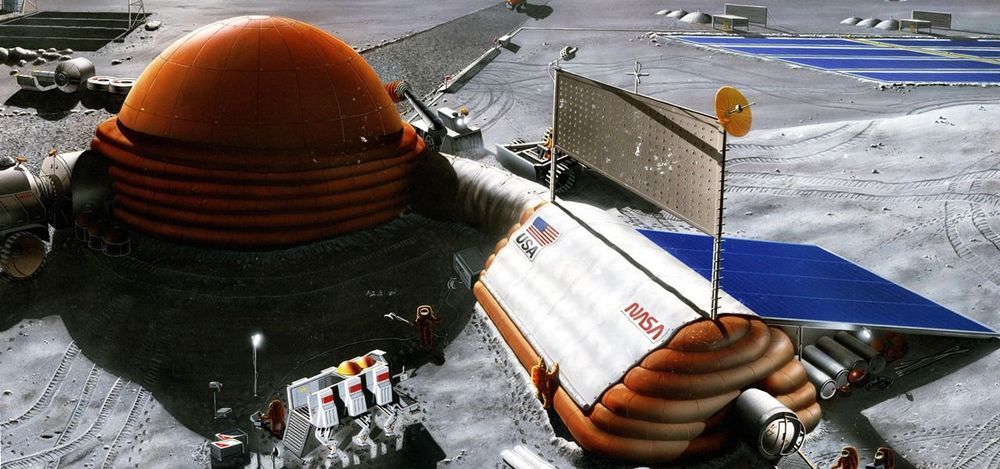
Wherever there are people, the party is sure to follow. Well, a party of microbes, at least. That is what scientists at NASA’s Jet Propulsion Laboratory have found after a 30-day microbial observation of the inflatable lunar/Mars analog habitat (IMAH).
What is an “analog habitat?” For NASA, analogs are experiments and processes that are developed and tested on the ground in the confines of special laboratories on Earth. Because of the danger, distance, and expense of space flight, it makes good sense to test out conditions that space travelers will face — before they ever launch.
For NASA, there are five different space stresses evaluated in analog missions. These stresses are the subject of analog missions that often make use of a carefully designed habitat to replicate space conditions. These five challenges are:
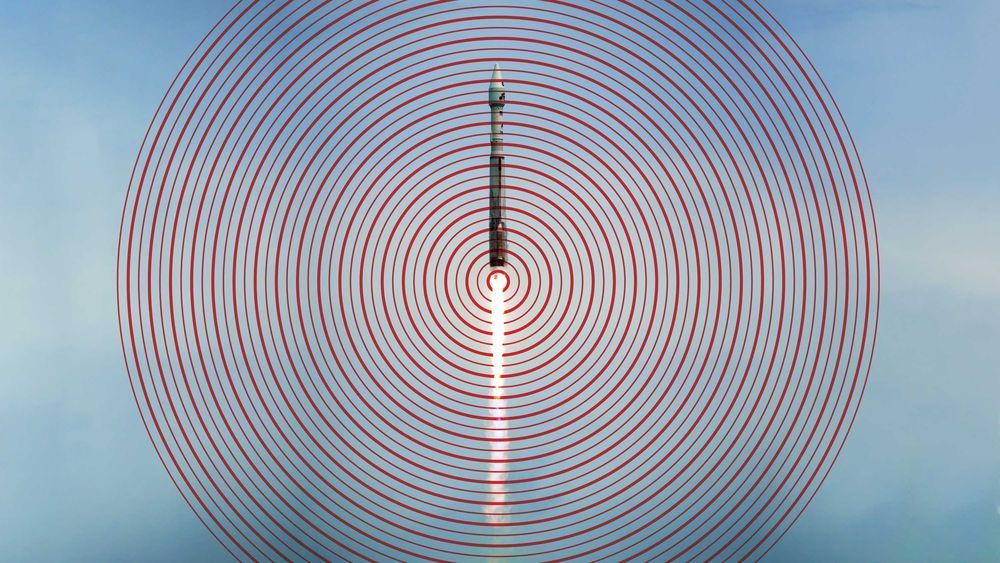
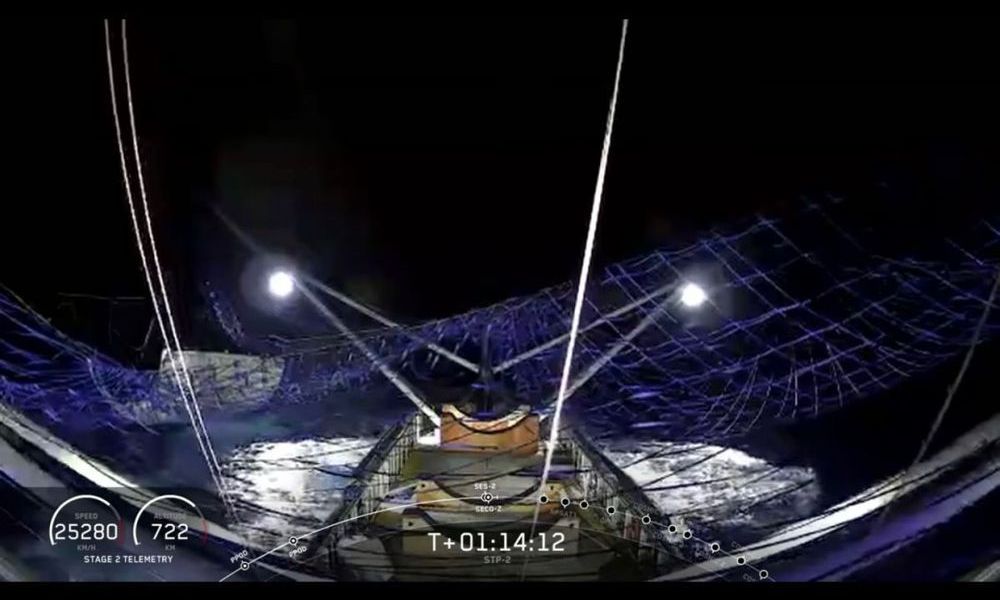
Payload fairings protect satellites during launch and are jettisoned after rockets reach space. The fairings SpaceX uses for the Heavy and the company’s workhorse Falcon 9 rocket, which fall back to Earth in two pieces, cost about $6 million each, company founder and CEO Elon Musk has said.
There’s thus ample motivation to recover and reuse this expensive hardware. Indeed, SpaceX equips both fairing halves with parachutes and small steering thrusters, to bring the gear down softly and under control.
And that’s where Ms. Tree comes in: Snagging the fairing halves before they hit corrosive seawater makes reuse more feasible and cost effective, Musk has said.

Blizzard and Snowflake, an albino alligator couple, are proud parents to the world’s first batch of albino alligator eggs, according to Wild Florida Airboats and Gator Park.
The park, which is located in Kenansville, Florida, announced that caretakers discovered eggs inside the pair’s exhibit, WFTV 9 News reported. The Wild Florida Airboats and Gator Park’s “Croc Squad” gathered the 19 albino alligator eggs and transported them to a secure space, FOX 10 News noted. A video on Facebook captured footage of the 19 rare eggs, which were super small in size.